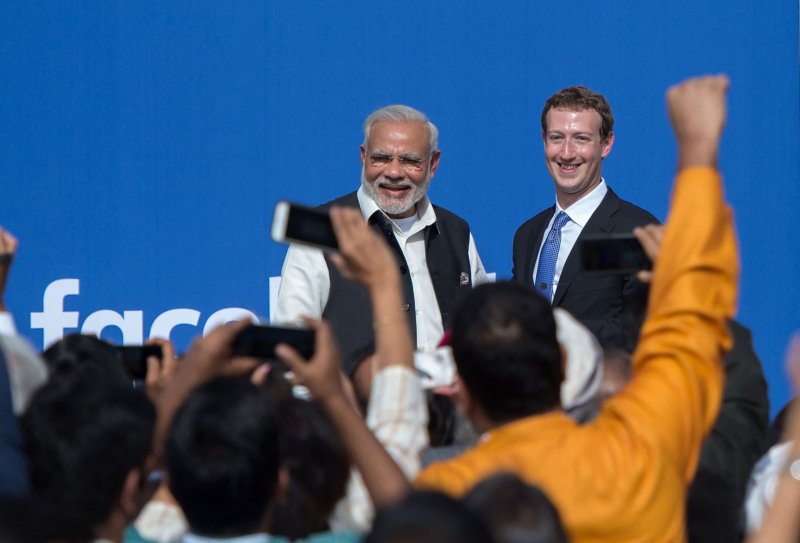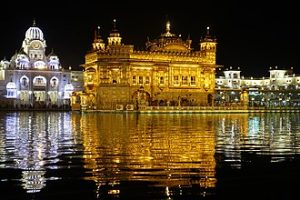Freedom of Speech
What can I say about freedom of speech? It is perhaps the ‘right’ that is most under threat in our present modern world. Our speech expresses our deepest sentiments and we want to be heard. At one time, it was possible for people to speak as they chose with very few limitations because there was an understood balance between personal opinion and respect for others opinions. As Thoreau expressed it, "The greatest compliment that was ever paid me was when one asked me what I thought, and attended to my answer." That is a contrast with the modern observation of Brian Cox - "The problem with today’s world is that everyone believes they have the right to express their opinion AND have others listen to it. The correct statement of individual rights is that everyone has the right to an opinion, but crucially, that opinion can be roundly ignored and even made fun of, particularly if it is demonstrably nonsense!" As he points out, the ‘right’ properly understood allows for the right to an opinion, the right to express that opinion and the right to have your opinion accepted or rejected.
It is apparent that we are losing all three elements.
A particular form of popular modern morality insists that there is likely only one valid opinion, that all must hold it and that no one has any right to challenge it. Open debate or even discussion is increasingly difficult and Molyneux’s observation that "Those who make conversations impossible, make escalation inevitable" is illustrated daily in current events. Freedom of speech cannot be curtailed without the inevitable loss of other ‘freedom’ rights. Governments who wish to restrict citizens’ rights often begin with restrictions on speech.
Free to speak will explore as many aspects of freedom of speech as we can. Speech in democracies must be open with as few limits as are necessary and we will examine them where they occur. The ability for all to participate is much more important than restricting opinion just to avoid offence. We cannot become a society where people are punished for expressing contrary views or opinions.
We would agree with Sukanya Pillay, President, Canadian Civil Liberties Association, when she said,
What worries me more than racist and sexist bigots is a government telling me what I can and can't say.
The relationship between blasphemy laws and religious extremism in the Middle East and North Africa
While an estimated 69 countries across the globe possess blasphemy laws of some kind, no geographical region has as many countries with such laws as the Middle East and North Africa. In many of these countries the penalties are among the most severe.
Blasphemy a Capital Offense in Some Countries, Expunged in Others
More than seventy of the world’s countries have some kind of anti-blasphemy laws, the worst of which are Iran Pakistan, Yemen, Somalia, Qatar, Egypt and Italy. Western nations have no blasphemy laws so detractors may say what they want.



